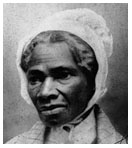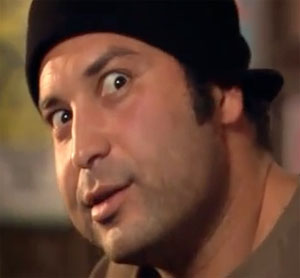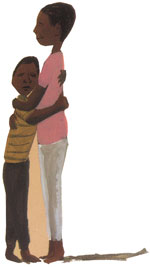I was watching President Barack Obama’s re-election speech last week and it got me  thinking about speeches—how historically great speeches really matter. Speeches are like placeholders to mark significant milestones in history. I think the main idea that moved me about the president’s speech was that the message of unity—even after the most grueling, partisan, expensive election campaign ever—is reminiscent of Dr. Martin Luther King Jr.’s I Have a Dream speech. The sentiments Dr. King expressed fifty years ago are still being realized today. A truly united United States of America is very much a work in progress.
thinking about speeches—how historically great speeches really matter. Speeches are like placeholders to mark significant milestones in history. I think the main idea that moved me about the president’s speech was that the message of unity—even after the most grueling, partisan, expensive election campaign ever—is reminiscent of Dr. Martin Luther King Jr.’s I Have a Dream speech. The sentiments Dr. King expressed fifty years ago are still being realized today. A truly united United States of America is very much a work in progress.
Here are some favorite speeches of mine:
Sojourner Truth: Ain’t I a Woman?, 1851
“That man over there says that women need to be helped into carriages, and lifted over ditches, and to have the best place everywhere. Nobody ever helps me into carriages, or over mud-puddles, or gives me any best place! And ain’t I a woman? Look at me! Look at my arm! I have ploughed and planted, and gathered into barns, and no man could head me! And ain’t I a woman?” Read more






